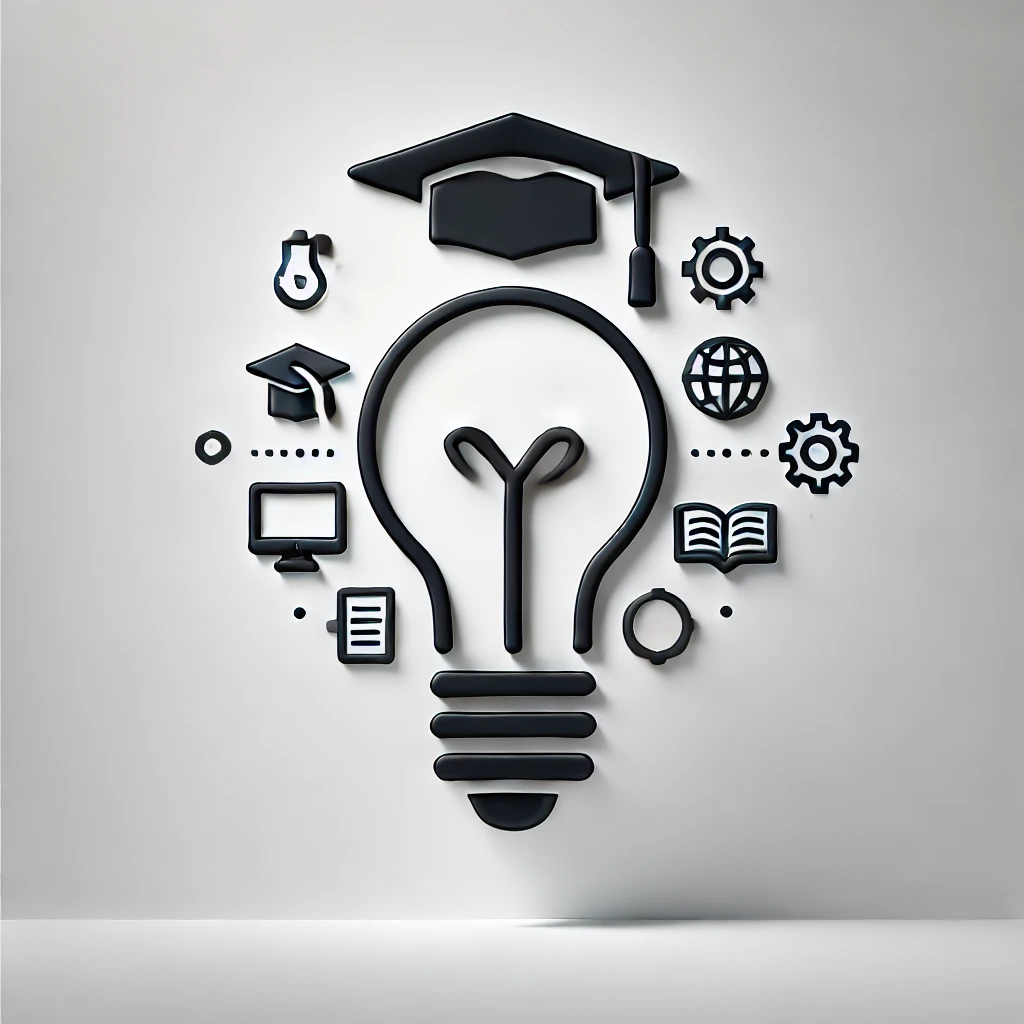FUTURE CLASSROOM LAB (FCL): INNOVATING TEACHING AND LEARNING SPACES

Certificate Yes
Cost €80/day
Language English
Duration 5 Day course
Cities: Antalya, Bitola
Welcome to the Future Classroom Lab (FCL), where educators explore innovative approaches to teaching and learning in the digital age. FCL is a pioneering initiative that provides educators with a hands-on environment to experiment with emerging technologies, pedagogical practices, and learning space design. In this course, participants will discover how FCL fosters creativity, collaboration, and digital literacy, empowering educators to create dynamic and engaging learning experiences for students. Join us as we embark on a journey to reimagine education for the future.
Description
The Future Classroom Lab (FCL) is a state-of-the-art facility designed to inspire and empower educators to transform teaching and learning practices. This course introduces participants to the FCL concept and equips them with the knowledge and skills to leverage its resources effectively. Through a combination of interactive workshops, hands-on activities, and collaborative projects, educators will explore the following key areas:
Exploring Emerging Technologies: Participants will discover cutting-edge technologies such as augmented reality, virtual reality, robotics, and 3D printing, and explore their potential applications in education.
Designing Dynamic Learning Spaces: Educators will learn about innovative learning space design principles, including flexible furniture, mobile devices, interactive displays, and adaptable environments that support diverse teaching and learning styles.
Fostering Collaboration and Creativity: The course will focus on strategies for promoting collaboration, creativity, and critical thinking among students through project-based learning, design thinking, and collaborative problem-solving activities.
Enhancing Digital Literacy: Participants will develop their digital literacy skills and learn how to integrate digital tools, resources, and platforms effectively into their teaching practices to enhance student engagement and learning outcomes.
Supporting Inclusive Education: The course will address strategies for designing inclusive learning environments that cater to diverse student needs and preferences, ensuring that all learners have equitable access to educational opportunities.
Assessment and Feedback: Educators will explore innovative assessment methods and feedback strategies that leverage technology to provide timely, personalized, and formative feedback to students.
Professional Development and Networking: The course will provide opportunities for educators to collaborate, share best practices, and engage in professional development activities to enhance their teaching skills and expand their professional networks.
Learning Objectives
- Understand the concept and principles of the Future Classroom Lab and its role in promoting innovation in teaching and learning.
- Explore emerging technologies and their applications in education, including augmented reality, virtual reality, robotics, and 3D printing.
- Design dynamic learning spaces that support collaboration, creativity, and personalized learning experiences for students.
- Enhance digital literacy skills and integrate digital tools effectively into teaching practices to enhance student engagement and learning outcomes.
- Develop strategies for fostering inclusive education and creating learning environments that cater to diverse student needs and preferences.
- Implement innovative assessment methods and feedback strategies to support student learning and growth.
- Engage in professional development activities and networking opportunities to enhance teaching skills and expand professional networks.
Methodology and Implementation
The course employs a blended learning approach, combining theoretical knowledge with practical hands-on experiences:
Interactive Workshops: Engaging workshops and presentations on key concepts, principles, and best practices related to FCL and innovative teaching and learning.
Hands-On Activities: Practical activities and demonstrations that allow participants to experiment with emerging technologies, learning space design, and digital tools.
Case Studies: Analysis of real-world examples and case studies showcasing successful implementations of FCL and innovative teaching practices in educational settings.
Collaborative Projects: Group projects and collaborative activities that encourage participants to apply their learning to real-world challenges and develop actionable solutions.
Peer Learning and Feedback: Opportunities for peer learning, collaboration, and feedback to enhance understanding, reflection, and professional growth.
Assessment Implementation
Project-Based Assessments: Evaluation of participants' performance in collaborative projects, including project proposals, prototypes, and presentations.
Reflection Journals: Submission of reflective journals documenting participants' learning experiences, insights, and challenges encountered during the course.
Digital Portfolios: Development of digital portfolios showcasing participants' work, including lesson plans, digital resources, and reflections on their teaching practices.
Peer and Self-Assessment: Peer review and self-assessment of individual and group contributions to collaborative projects and activities.
Final Presentation and Discussion: Presentation of a final project or case study demonstrating participants' understanding and application of FCL concepts and practices.
Daily Programme
Day 1: Introduction to the Future Classroom Lab (FCL)
Morning Session:
- Welcome and Course Overview
- Introduction to FCL: Concept, Principles, and Objectives
Afternoon Session:
- Exploring Emerging Technologies in Education
- Hands-On Activity: Introduction to Augmented Reality (AR) and Virtual Reality (VR) in Education
Day 2: Designing Dynamic Learning Spaces
Morning Session:
- Innovative Learning Space Design Principles
- Case Study: Designing Flexible and Adaptable Learning Environments
Afternoon Session:
- Workshop: Designing Collaborative Learning Spaces
- Field Visit: Tour of Innovative Learning Environments
Day 3: Fostering Collaboration and Creativity
Morning Session:
- Strategies for Promoting Collaboration and Creativity
- Project-Based Learning and Design Thinking in Education
Afternoon Session:
- Hands-On Activity: Collaborative Problem-Solving Challenge
- Guest Speaker: Educator or Expert in Project-Based Learning
Day 4: Enhancing Digital Literacy
Morning Session:
- Digital Tools and Resources for Teaching and Learning
- Effective Integration of Technology into Teaching Practices
Afternoon Session:
- Workshop: Creating Digital Learning Resources
- Digital Literacy Skills Assessment and Reflection
Day 5: Supporting Inclusive Education and Assessment Strategies
Morning Session:
- Designing Inclusive Learning Environments
- Assessment Strategies for Diverse Learners
Afternoon Session:
- Workshop: Developing Inclusive Lesson Plans
- Final Project Presentation and Discussion
